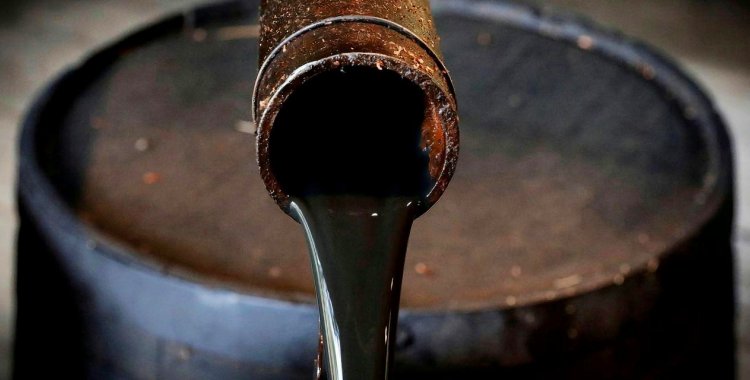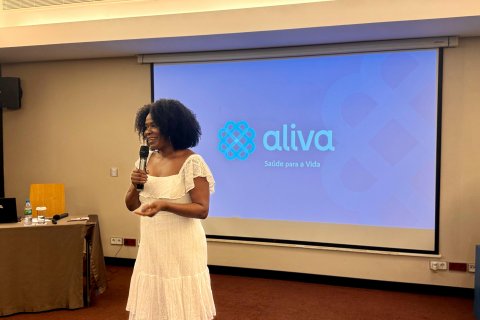"If these oil prices are maintained it will be very serious for Angola," given that a drop in prices of around 40 percent would mean that the General State Budget (OGE), based on a cash inflow of 11 billion dollars from oil revenues, "would not be enforceable," with a drop in revenue of 4.5 billion dollars, says Carlos Rosado de Carvalho.
The OGE was based on an average price of 55 dollars per barrel, but this Tuesday the barrel of Brent oil, a reference in Europe, sank to 33 dollars at the beginning of the day, minus 26.31 percent, the biggest drop in a day since the first Gulf War in 1991.
The alternative would be to "increase indebtedness" and consequently the deficit, but Carlos Rosado de Carvalho questions the country's ability to get into more debt.
"In this scenario, either the debt is restructured or I do not exclude the possibility of a default. With these prices, either Angola restructures the debt or it does not have the capacity to pay it", the economist pointed out, adding that there are "times of great volatility".
International partners, namely the International Monetary Fund (IMF), which is implementing a financial assistance programme in Angola, "will understand that this is an event completely external to Angola," argued Carlos Rosado de Carvalho, pointing out that "no one is interested in Angola entering a spiral of social upheaval.
As for the programme with the IMF, it may be reviewed.
"It's one thing to have a programme with 55 dollars a barrel, another to have a programme with 33 dollars a barrel, they're completely different things, I hope Angola will understand its partners", he stressed, noting that the country cannot, however, fail to make "the reforms that are important", such as improving the business environment or putting an end to fuel subsidies.
The panic generated by the coronavirus epidemic is only part of the explanation for the fall in oil prices.
For the economist, "it has to do with a war, because Russia didn't want new cuts, it didn't want to align with OPEC [Organization of Petroleum Exporting Countries] and, in some way, this is a retaliation from Saudi Arabia.
Given the "volatility" expected in the near future, "the best thing to do is for the government to start preparing a plan B", considered Carlos Rosado de Carvalho, recommending the definition of priorities, namely where spending cuts should be made.
"If you don't cut spending and have a revenue cut of this order of magnitude where is Angola going to get money to finance?" he shot.
However, "it's early" to review the budget until "things stabilize," suggested Carlos Rosado de Carvalho, recalling that the government is already in the phase of reviewing macroeconomic programming, as was mentioned on Saturday by Finance officials.







